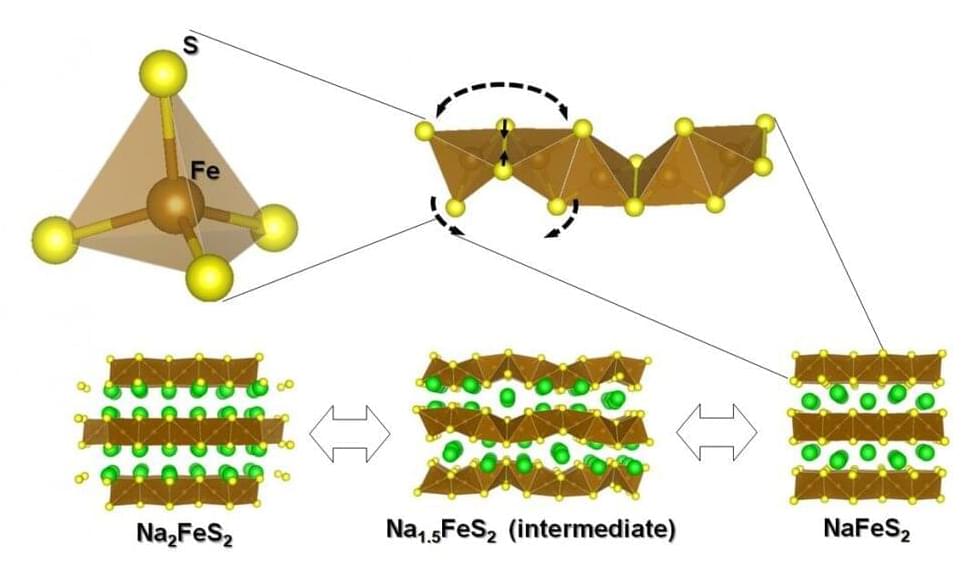A new study shows which factor plays a bigger role as we age.
There are many elements that determine how we age. This includes our genetics, the environment, and our age itself. But what key component has the most profound impact on aging?
According to a new study by researchers at the University of California — Berkeley, aging and the environment play more of a key role in determining our health in later years, than genetics. The study was published in the journal Nature Communications.
Aging affects health more than genes.
Genetics DNA
According to a new study by researchers at the University of California – Berkeley, aging and the environment play more of a key role in determining our health in later years, than genetics. The study was published in the journal Nature Communications.






